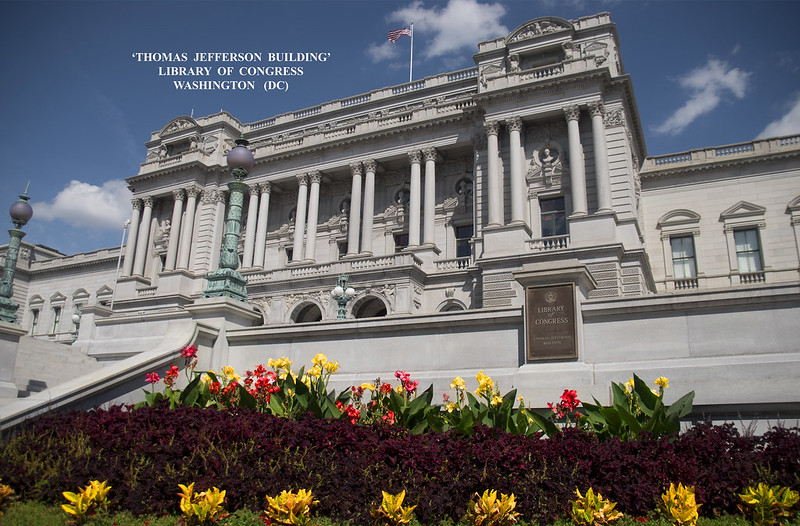This post is co-authored by Lila Bailey (Internet Archive) and Brandon Butler (Software Preservation Network)

The Internet Archive and the Software Preservation Network (SPN) support proposed revisions to the US Copyright Office electronic deposit rules as an important bulwark against vanishing culture.
The Library of Congress (the “Library”) is the world’s most comprehensive record of human creativity and knowledge. Deposits of published works made by creators when they register for copyright protection make up the core of the Library’s national collection, ensuring the long term preservation and public access of our collective cultural heritage. For decades, the number of creative works published in electronic formats has grown exponentially, but the Copyright Office and the Library did not have the policy or technical infrastructure to collect and preserve materials in these formats. Presently, the US Copyright Office is modernizing its systems, rules, and processes to ensure it can fulfill its important role in the copyright system, including providing copies of deposited works for inclusion in the Library’s collections. In the latest rulemaking on electronic deposits, the copyright industry lobby raised concerns about the Office’s proposal to expand the Library’s access to electronically-deposited works; as we explain below, those concerns are unfounded.
Under 37 Code of Federal Regulations § 202.18, the Library may provide limited on-site access to groups of newspapers electronically submitted for registration, as well as electronic serials and books submitted for mandatory deposit. The Copyright Office has proposed expanding the categories of electronic deposits covered by the regulation with the same limitations on access as are currently in place. Specifically, the works may only be accessed under the supervision of Library staff through computer terminals in the Library’s reading rooms. These terminals are not connected to the Internet and the input/output connections (USB, etc.) are disabled. Libraries support expanding on-site access rules to new categories of deposits to ensure that over time, the public can continue to access works in the Library’s collection.
During a public comment period for this proposed rule, groups representing rightsholders surfaced concerns about infringement, and urged the Office to heighten security and protection of electronic deposit copies before instituting its proposed rule. As SPN observes in its reply comments, there is no serious basis for these concerns, as the security measures in place already render electronic materials less accessible and less susceptible to misuse than traditional print formats.
Rightsholder groups also suggest that licenses are necessary when the Copyright Office transfers deposits to the Library, and when the Library provides digital access to works. The Internet Archive notes that a licensing regime is not necessary to permit access to the Library’s collections, explaining that “the Copyright Act has always allowed libraries to preserve and provide access to works in their collection without permission or authorization from rightsholders.” Indeed, “Congress has never required the Library of Congress, or any other library, to pay licensing fees to preserve or lend items in their collections.”
Not only are these security concerns and licensing proposals meritless, they are a distraction from the Library of Congress’ critical role as collector and preserver of our cultural heritage to benefit the public interest. The Software Preservation Network explains that while books, music, software, and other works are increasingly produced digitally and only available through licenses, “the Library of Congress is the only library in the United States with a statutory right to acquire and own copies that may otherwise be available only subject to a license.” If the Library were to abandon its role as “a collector and preserver consigning itself instead to the role of licensee, it could lead to a digital dark age in our national Library.” If the Library were required to license works, SPN cautions, the record of cultural history in the Library’s collection could be subjected to the whims of the marketplace, which has no incentive to preserve cultural works.
For all the reasons above, libraries strongly support adoption of the proposed rule.